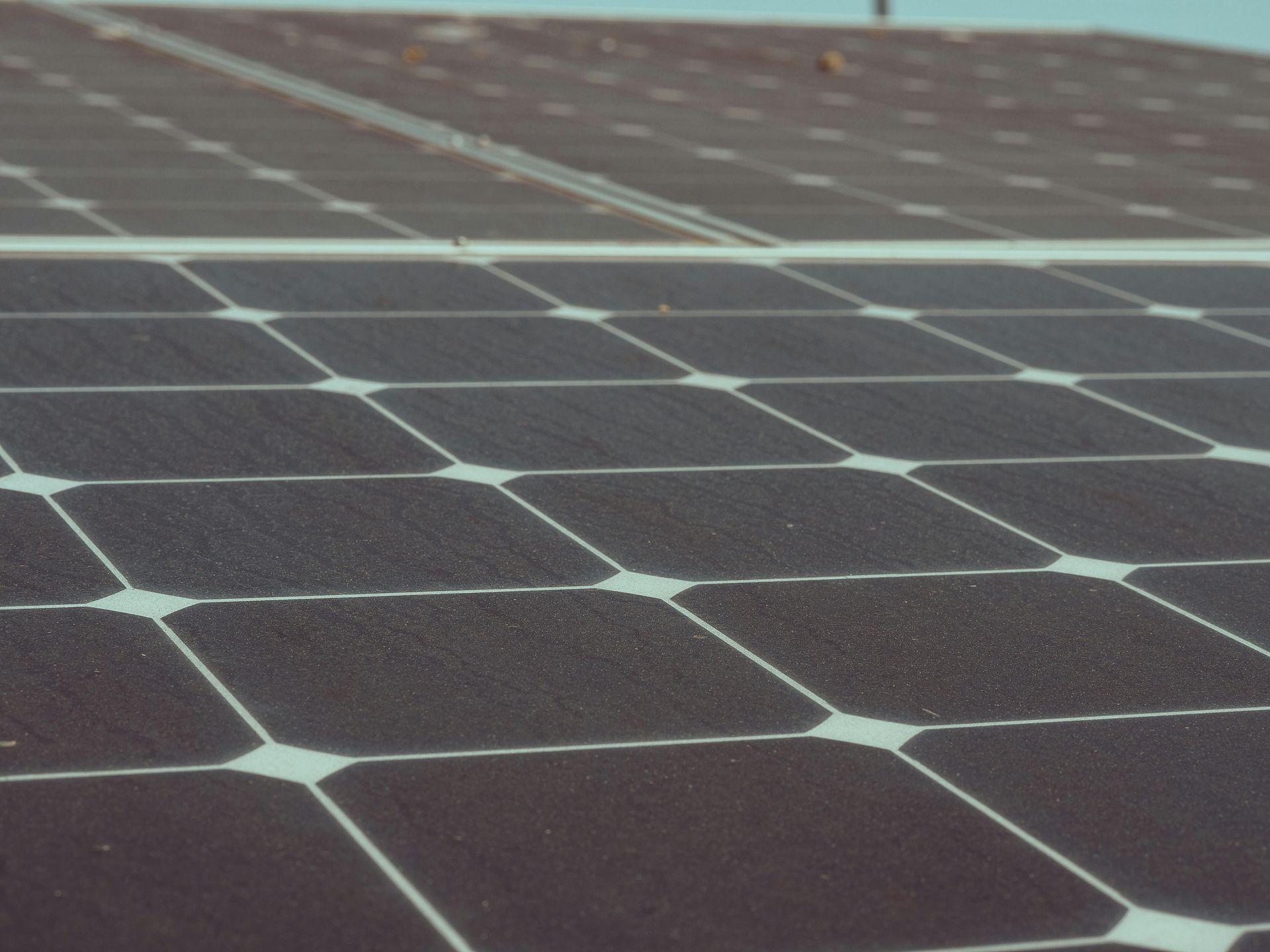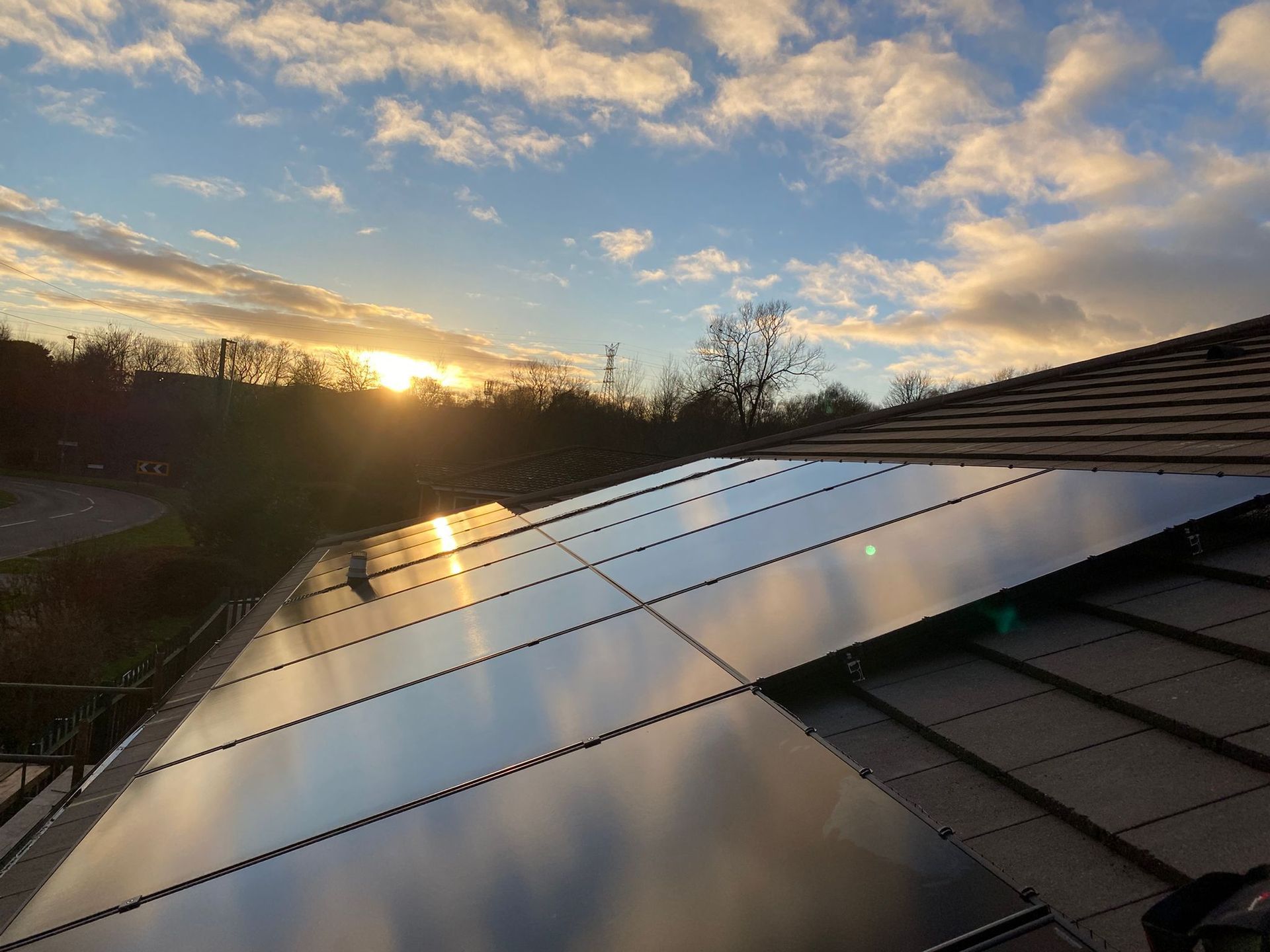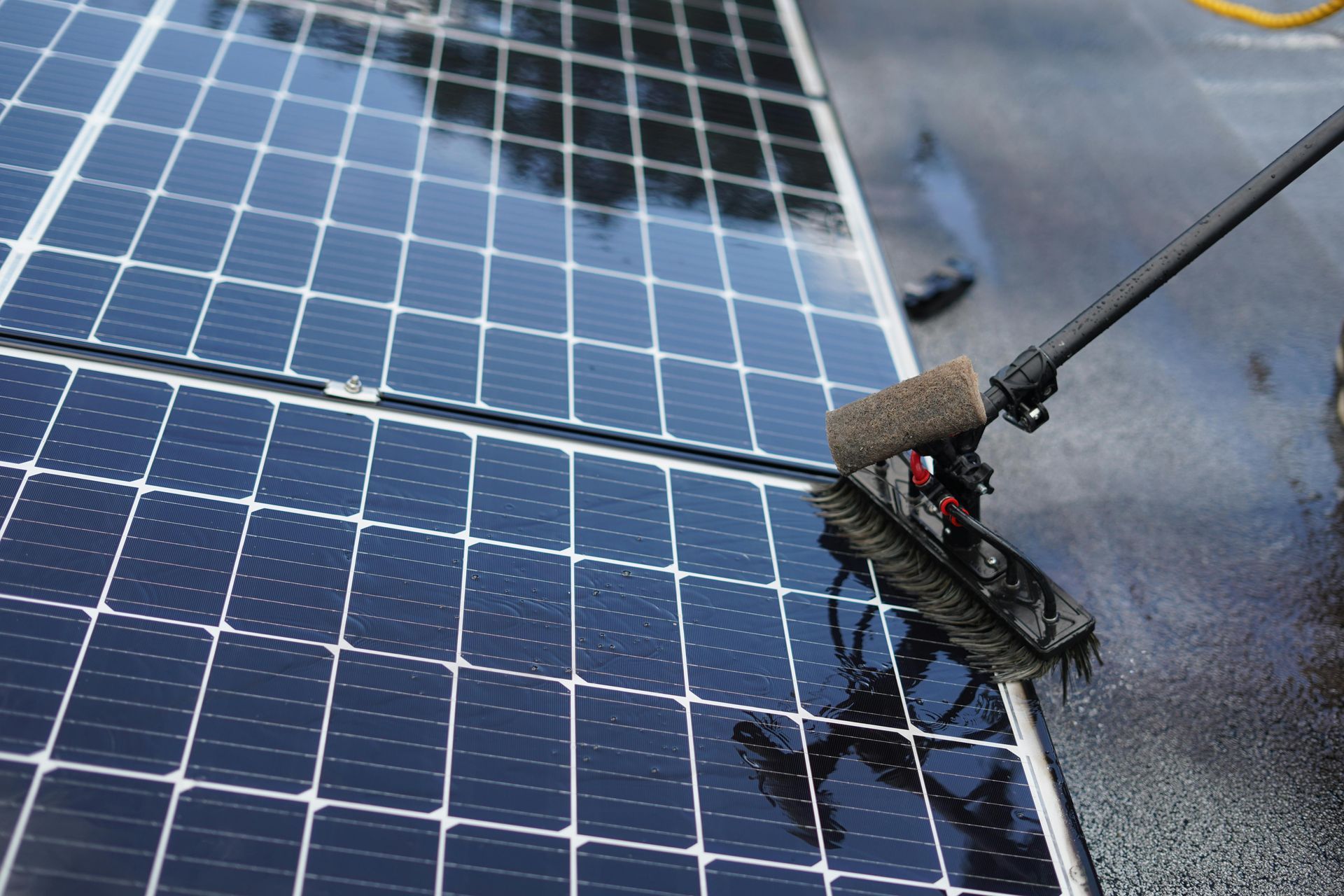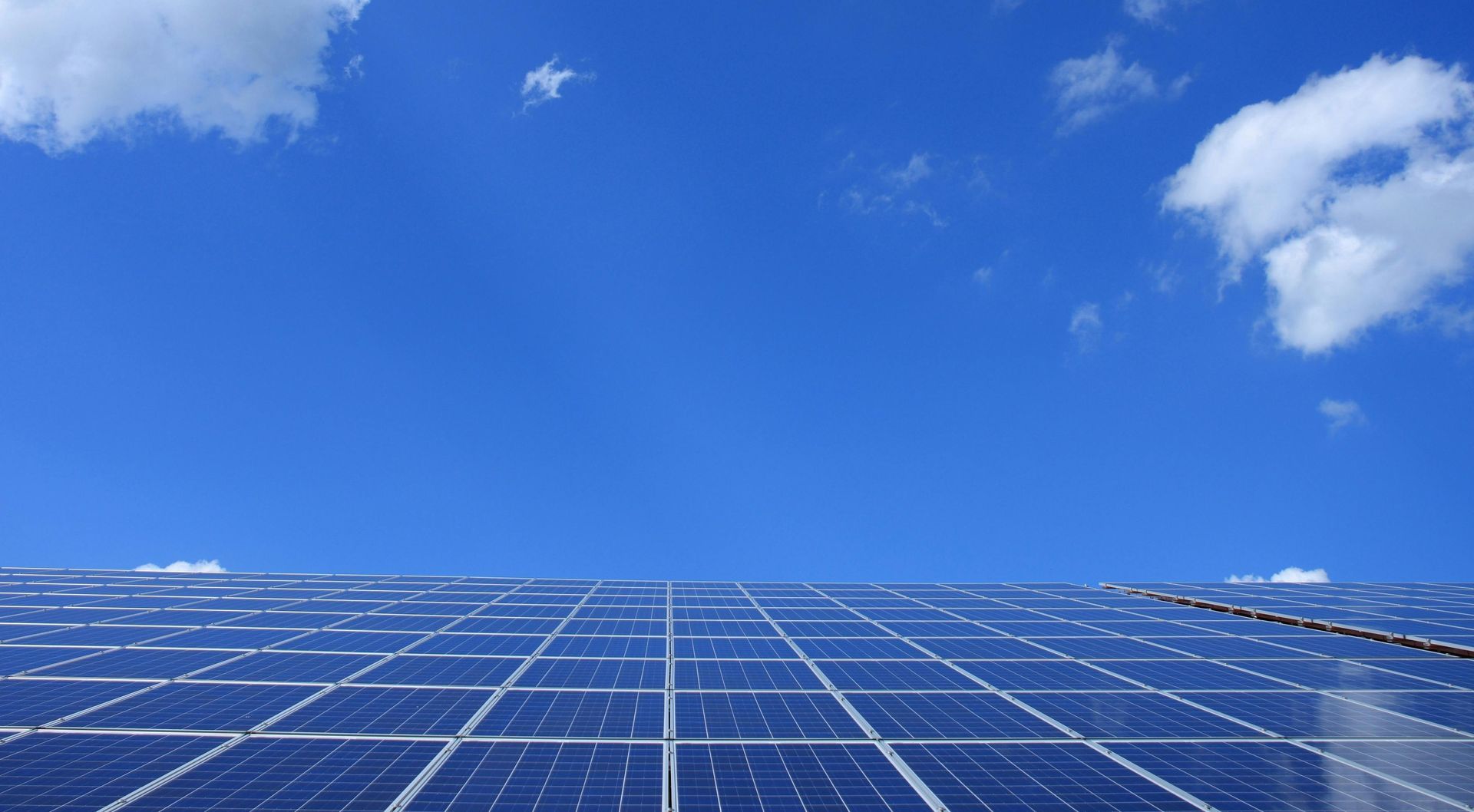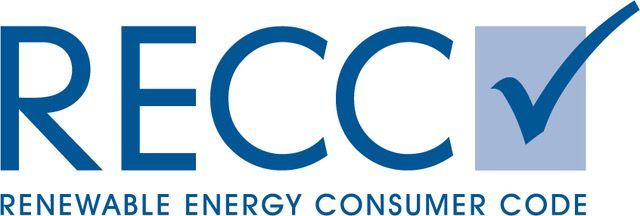Solar Panels and Traditional Energy Sources: A Comparison
Is It Time To Make The Switch?

As we look at more sustainable ways to live, homeowners and environmental enthusiasts alike are increasingly weighing the benefits of solar panels against traditional energy sources. The allure of renewable energy is not solely in its reduced environmental impact, but also in the promise of long-term cost savings. With climate change concerns and fluctuating energy prices, the energy comparison between these options becomes ever more relevant. Here we will explore the environmental impact of energy, the cost of solar energy, and the overall benefits of solar panels, for those considering a shift towards sustainability and energy efficiency.
Solar Panels and Their Benefits
Solar panels have become increasingly popular as a renewable energy source. Here's an analysis of their environmental impact, cost considerations, and energy efficiency benefits.
Environmental Impact of Energy
Solar energy has a significantly lower environmental impact compared to traditional energy sources. The production of solar panels does involve some carbon emissions, but these are offset quickly during operation.
Over their lifetime, solar panels produce clean, renewable energy without ongoing emissions. This reduces reliance on fossil fuels and helps combat climate change. Studies show that solar energy has a carbon footprint up to 20 times lower than coal-fired power plants. As manufacturing processes improve, this gap is likely to widen further.
Cost of Solar Energy
The cost of solar energy has decreased dramatically in recent years, making it increasingly competitive with traditional energy sources. Initial installation costs can be significant, but some government incentives and financing options often help offset this expense. Over time, solar panels can lead to substantial savings on electricity bills. Recent analysis suggests that in many regions, solar energy is now cheaper than grid electricity. The long-term financial benefits make solar an attractive option for many homeowners and businesses.
Energy Efficiency Explained
Energy efficiency in solar panels refers to how effectively they convert sunlight into usable electricity. Modern solar panels typically have efficiency ratings between 15% and 22%.
Factors affecting efficiency include:
- Panel technology (monocrystalline, polycrystalline, thin-film)
- Installation angle and orientation
- Local climate and weather conditions
Ongoing research and development continue to improve solar panel efficiency, making them an increasingly viable energy solution for a wide range of applications.
Traditional Energy Sources Explored
Traditional energy sources, primarily fossil fuels, have long been the backbone of global energy production. This section examines their environmental impact, cost implications, and efficiency considerations.
Environmental Impact of Energy
Traditional energy sources, such as coal, oil, and natural gas, have significant environmental impacts throughout their lifecycle. The extraction process often leads to habitat destruction and local pollution. Burning fossil fuels releases greenhouse gases, contributing to global warming and climate change.
Research indicates that fossil fuels are responsible for about 75% of global greenhouse gas emissions. This has led to increased pressure to transition to cleaner energy sources.
Cost Implications
The cost of traditional energy sources can be volatile, influenced by geopolitical factors, and supply constraints.
While often cheaper in the short term, fossil fuels are subject to price fluctuations
- Market price fluctuations
- Regulatory carbon taxes
- Increasing extraction costs as easily accessible reserves deplete
Long-term projections suggest that renewable energy sources may become more or even cheaper than fossil fuels in many markets.
Understanding Energy Efficiency
Energy efficiency in traditional power plants varies depending on the fuel source and technology used. Modern natural gas plants can achieve efficiencies of up to 60%, while coal plants typically range from 30% to 40%.
Factors affecting efficiency include:
- Plant age and technology
- Transmission and distribution losses
- Operational practices and maintenance
Improving efficiency in traditional energy sources remains remains a focus, but fundamental thermodynamic limits constrain potential gains.
Renewable Energy and Sustainability
Renewable energy, including solar power, is crucial for achieving long-term sustainability goals.
Benefits of Solar Panels
Solar panels offer numerous benefits beyond just clean energy production.
1. Reduced electricity bills: Solar can significantly lower or eliminate monthly electricity costs.
2.
Energy independence: Solar power reduces reliance on the grid and fossil fuels.
3.
Low maintenance: Solar panels require minimal upkeep once installed.
4.
Scalability: Systems can be easily expanded to meet growing energy needs.
5.
Increased property value: Homes with solar installations often command higher resale prices.
These advantages make solar an attractive option for both residential and commercial applications. To explore further the benefits of solar panels and start thinking about how to make the move away from traditional energy sources, talk to us and read some of our other blogs here

